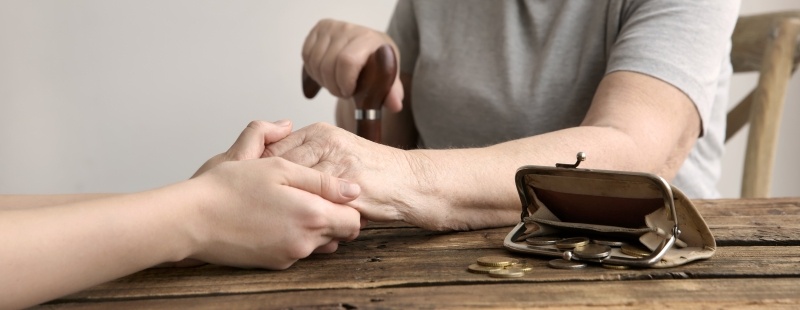The public guardian has recently published new guidance on gifting for those that act as attorneys or deputies. Gifting as an attorney or deputy is when you give away money or possessions that belong to the person you are acting for. Whilst the guidance applies to both professional and lay attorneys/deputies, it importantly highlights the principles of gifting and the traps that lay attorneys can easily fall into where they may not be as familiar with the law.
What is a professional attorney or deputy?
A professional is someone such as a solicitor, financial advisor or account who is being paid for their services or hold relevant professional qualifications. As they are acting in a professional capacity they must demonstrate a higher degree of care or skill than those acting in an unpaid or informal capacity.
What is a lay attorney or deputy?
A lay deputy is usually a friend or family member of the person who lacks capacity. They cannot charge for their time as attorney or deputy so are not paid for their role.
So what are the some of the myths when it comes to gifting…
True or false?
'It is only a gift if it involves giving large sums of money or property'.
False
A gift can include any movement of money, property or possessions from the person whose affairs you manage to yourself or other people, without full payment in return such as:-
- Making an interest free loan from the person's funds (the waived interest counts as a gift)
- Selling a property for less than its value
- Creating a trust of the person's property
- Changing the will of someone who's died to redistribute the person's share in the estate
Even giving family members money or using the person's money to buy them presents is classed as a gift.
True or false?
'As attorney or deputy I can make any gift'.
False
In order for the attorney or deputy to make the gift it must satisfy the following:-
- Be given on a customary occasion such as birthdays, weddings and Christmas
- Be given to someone related or connected to the person or a charity they may have supported
- Be of reasonable value, taking into account their estate and all relevant circumstances
If for any reason the gift does not satisfy the above the person acting must apply to the court for authority. They will then make a decision regarding the gift. For that reason it is important to keep records of all gifts made, no matter how small in case the court calls upon these for any reason.
True or false?
'It is up to me to make the decision regarding the gift'.
False
As an attorney or deputy it is your duty under the Mental Capacity Act 2005 (https://www.legislation.gov.uk/ukpga/2005/9/contents) to always act in the person's best interests. You must consider whether the person has the capacity to understand the decision to give a gift and can take part in the decision. This should be done in all gifting situations and not just on one occasion.
The person should be involved in the decision even if they lack capacity to make it. You can encourage them to participate as a way of gaging their feelings about the gift, but it may be reasonable to give less weight to the person's feelings if it is not in their best interests.
Needing advice?
The decision to make a gift is an important one for attorneys and deputies as getting it seriously wrong could end up in being you removed from that role, or in extreme cases a criminal conviction.
It is essential to weigh up if the gift is reasonable and that you are not taking advantage or your position, treating family members differently or making a gift that you wouldn't make yourself.
The guidance can be found at https://www.gov.uk/government/publications/public-guardian-practice-note-gifts/public-guardian-practice-note-pn7-giving-gifts-web-version however if you wish to seek advice prior to making the gift or to know more about your role as attorney or deputy, Clapham & Collinge have an experience private client team that can assist you.
To find out more or discuss your individual requirements in further detail, Clapham & Collinge dedicated Wills, Trusts and Probate Solicitors will be delighted to help. Contact us today on 01603 693500 or email us using the 'Make an enquiry' form. Appointments available at our Norwich, North Walsham and Sheringham offices.
